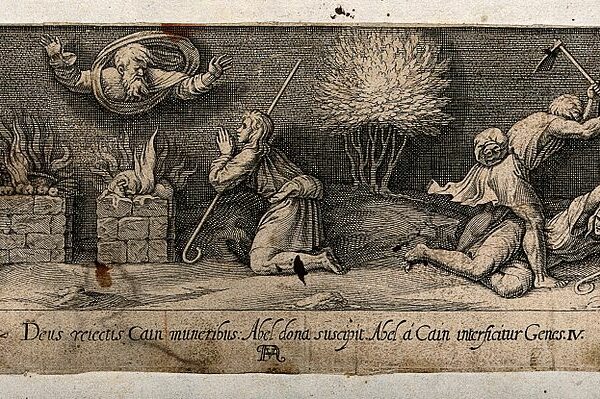
“How might my child and I leverage the love of our family and ourselves to promote decoloniality that resists anti-Indigeneity with the persistent, sometimes subtle, power of Indigenous aunties?”

“I was only imagining it. Being freed.”

Pope Francis proclaims: “There was a time, even in our churches, when people spoke of a holy war or a just war. Today we cannot speak in this manner.” Yet, we can and have been invited by Francis and others to speak in the manner of centering nonviolence.

This article intends to highlight the ways in which political reactionaries have used identities within the therian community as a method to simultaneously pathologise 2SLGBQTIA+ people, diminish the needs of the disabled and neurodivergent, and maintain white, Western cultural hegemony.

Those who commit dehumanizing acts of violence—whether through physical harm, abusive exploitation, or benign neglect—themselves become debased and subhuman, even as they sit in positions of power. Indeed, Micah puts this in sharp relief … where he depicts the corrupt “leaders and rulers” as ravenous animals who cannibalize those who the Lord has placed in their care.






